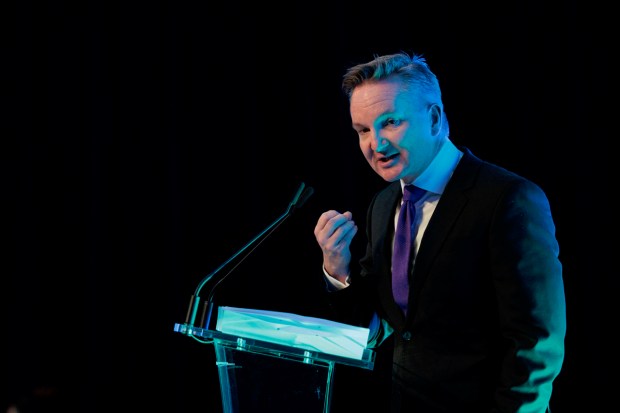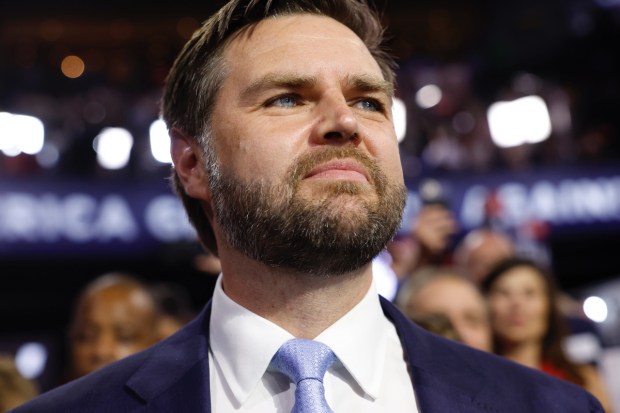The bullet that whacked Donald Trump’s right ear was by no means the first shot in the hotting-up revolt against the current corporate/bureaucratic ‘woke’ fad of Diversity, Equity and Inclusion – the scheme, justified by George Floyd’s 2020 murder, that gives priority to disadvantage and ethnicity over merit. But Donald’s ear has given top-level added momentum to Elon Musk’s rallying battle cry: ‘DEI must DIE’, with Musk declaring that DEI’s supposed anti-discrimination initiatives are a form of discrimination and must end. This was part of Musk’s broad attack on political correctness and ‘woke’ culture that is now being partnered by increasing volumes of concentrated fire at DEI’s woke ally, ESG (Environment, Social and Governance) which denies the primacy of shareholder-owners of corporations in favour of ‘stakeholders’.
With leaders of this revolution among some of America’s previously supportive corporate heads, it is not only political conservatives now manning the barricades to oppose DEI’s assault on merit. And the campaign is not confined to America; the Diversity Council of Australia (DCA), the partly government-funded six-million-dollar ‘charity’ (claiming 1,300 members covering 20 per cent of the Australian workforce) that promotes DEI is concerned about the local consequences.
While Trump’s Republican party has long been a warrior against DEI (with many Republican states banning it in their administrations and the US House of Representatives disbanding its Office of Diversity and Inclusion), Donald’s ear has added a new dimension. When he regained his feet (if not his shoes) after falling to the ground, it was clearly established that the short female Secret Service agents were simply unable to provide adequate physical protection for a tall former (and potentially future) president; his head and upper torso remained a potential target. Then the revelation that this security blunder resulted from the Secret Service having imposed a 30-per-cent female requirement on its hiring criteria raised the inevitable backlash against this DEI dogma; the prime criterion should be suitability for the job, not sex, race or religion.
The campaign against DEI got its major boost in last year’s US Supreme Court majority ruling that the use of affirmative action in university admissions was unconstitutional. While not directly addressing corporate diversity programmes, the decision unleashed a wave of legal actions, including from former Trump adviser Stephen Miller. Consumer-facing companies such as Target, Kellanova (formerly Kellogg’s) and Starbucks were targeted, resulting in many US companies stepping back from DEI, while major corporations like Amazon and Nike have been cutting back on their DEI executives and others are ‘quietly quitting’.
The Financial Times has reported that accounting firm PwC dropped some of its diversity targets in the US and ended race-based eligibility criteria. Others, including pharma group Pfizer, opened up diversity fellowships to people of all races. It quoted Professor Yoshino at NYU School of Law, saying, ‘It used to be thought that DEI was above the law. But now the law has come crashing down on that entire enterprise, so we have to think of this as a newly regulated space’. This has generated fears from the Society for Human Resource Management, that this new legal landscape – combined with the continued need for companies to comply with laws preventing workplace discrimination – will prompt a retreat from efforts to foster workplace diversity.
Those fears are being realised. Just a couple of weeks before Donald’s ear highlighted DEI, what Forbes magazine described as a ‘firestorm of controversy’ broke out when Tennessee-based Tractor Supply Company, the nation’s largest rural lifestyle retailer, announced it was pulling back its ‘woke’ policies that it said were unpopular with its customers, after facing weeks of backlash on social media. The farm supply retail chain is eliminating all diversity, equity and inclusion roles and ditching its carbon emissions goals as it moves to sharpen focus on rural America priorities like animal welfare and veteran causes, and stop sponsoring Pride festivals and voting campaigns. Forbes, a continuing backer of DEI and critic of Tractor Supply’s actions, lamented that their withdrawal from the Human Rights Campaign, an LGBTQ+ advocacy group, came just as ‘Pride Month festivities were dialling down’.
Just a few days after Trump’s ear, the groundswell against DEI received yet another boost when farm machinery giant Deere & Company publicly responded to customer criticism by backing away from its diversity policies. Citing a need to ‘prioritise internal policies that more closely align with our business strategy’, the maker of Deere tractors and other equipment said it would no longer take part in ‘social or cultural awareness’ events, and would audit company-mandated training materials ‘to ensure the absence of socially motivated messages’, leaving the company to ‘exclusively’ focus business resource groups for employees on professional development, mentoring and talent recruitment, ‘rather than race or sexual identity’.
Implications for Australia? DEI was never as dominant in Australia as in the US. Earlier this month, its leading supporters here were reported acknowledging that while a large number of Australian companies ‘are advanced in the DEI space and want to go further, some companies are reducing their investment’. They lamented the ‘backsliding, lip service and even a private backlash’ by sections of corporate Australia, with the rejection of the Voice referendum ‘causing some senior managers to tone down their support for diversity and other social issues’. The ‘politicisation and weaponisation’ of DEI in the US has led to a backlash that has ‘emboldened some Australian executives and leaders who didn’t really believe in DEI to begin with, and giving them a platform and more conviction to steer away from it’.
Nevertheless, this month the CEO of DCA, Lisa Annese, told the media that she remained ‘optimistic about the future of diversity and inclusion in Australia’, including the half-a-million dollar RISE (Realise. Inspire. Support. Energise) project fully funded by the Albanese government Office for Women. This is aimed at ‘implementing organisational change interventions that will help address systemic and organisational barriers for culturally and racially marginalised (CARM) women and to assist organisations in supporting women in middle management to reach senior leadership positions within their organisations. ‘We use the term CARM to refer to people who are not white’, says DCA, confirming its assistance is colour-based.
As its critics assert, efficiency, competitiveness and excellence are antithetical to the social engineering of DEI. In a competitive world, DEI must DIE.
Got something to add? Join the discussion and comment below.
You might disagree with half of it, but you’ll enjoy reading all of it. Try your first month for free, then just $2 a week for the remainder of your first year.













